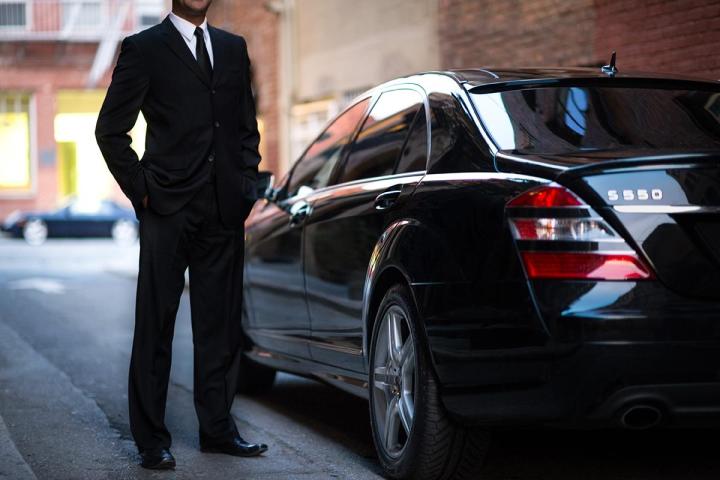
In a statement, Uber finally conceded, saying, “In the light of last week’s violence, we have today decided to suspend UberPOP, our ride sharing service, until September’s Constitutional Court decision. It’s a tremendously sad day for our 500,000 French uberPOP passengers, as well as the drivers who used the platform. However, safety must come first. Our regular UberX service, which uses licensed cars and makes up a majority of our trips each day in France, will continue to operate as usual.”
Uber’s problems don’t end with this service suspension, however. Uber France CEO Thibaut Simphal currently awaits trial for allowing UberPOP to function as an illegal taxi service. Taxi drivers, who must pay up to $200,000 for a license and clearance to operate their vehicles, were infuriated by almost-but-not-quite private hire model Uber adopted, which presented them with what they perceived to be unfair competition.
In an interview with Le Monde, Simphal insisted that Uber’s decision was driven by concern about the escalations in protest. Said the CEO, “The main factor here is not coercion, but violence.” Protests have affected UberPOP drivers, taxi drivers, as well as passengers (memorably Courtney Love, who tweeted angrily at the French president for failing to control the situation a few weeks ago).
Regardless of the motivation, UberPOP ceased to operate in France at 8 p.m. local time, and will not resume until at least September 30, when the French national court makes a decision as to whether Uber was in the right and the service’s legality.


